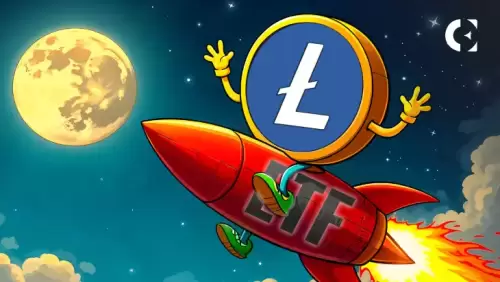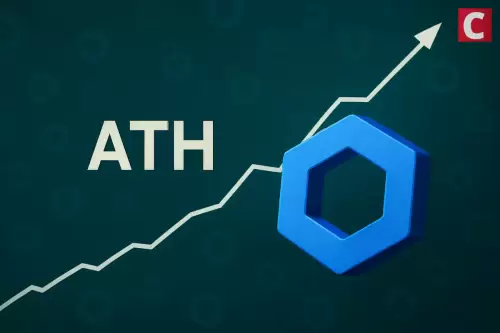A new DEX, GTE, backed by Paradigm, enters the competitive DEX market. Will its CLOB model disrupt the dominance of AMMs? A look at startup investment in the DEX race.
DEX Race Heats Up: Paradigm's Bet on GTE and the Startup Investment Landscape
The decentralized exchange (DEX) arena is exploding, with Bybit entering the race and total DEX volume surpassing $13 billion. Amidst this frenzy, GTE emerges, promising to outpace both centralized and decentralized exchanges. Key to its strategy? A Central Limit Order Book (CLOB) model and a fresh $15 million Series A funding round led by Paradigm.
Paradigm's $15M Investment in GTE: A Bold Move?
Paradigm's investment signals confidence in GTE's vision. GTE aims to be the "fastest decentralized Exchange," scaling its Global Token Exchange (GTE) to make DEX spot trading faster and cheaper. Co-founders Mattro Lunghi and Enzo Coglitore are betting on integrating launchpads, spot trading, and leverage trading within their GTE Trading engine to compete directly with centralized exchanges (CEXs) on speed and liquidity.
The CLOB vs. AMM Debate: Can GTE Disrupt the Status Quo?
GTE's choice of a CLOB model is a departure from the popular Automated Market Maker (AMM) framework used by Uniswap, SushiSwap, and others. While AMMs offer permissionless listing and deep liquidity, they can suffer from impermanent loss for liquidity providers and less precise pricing for large trades. CLOB models, favored by DEXs like Serum and dYdX, directly match buy and sell orders on-chain, potentially reducing slippage and improving price discovery. GTE is built atop MegaETH, a layer-1 blockchain promising higher throughput and lower gas fees, which are crucial for sub-second transaction finality.
The AMM Advantage: A Numbers Game
Currently, AMM-style DEXs dominate in terms of trading volume, TVL, and user adoption. In Q1 2025, Uniswap and PancakeSwap alone accounted for nearly half of all DEX volume, with AMMs representing over 70% in total. CLOB-style DEXs command single-digit percentages, often catering to professional traders and requiring specialized infrastructure. Even Hyperliquid, a fast-growing order-book perpetual platform, captures a limited share of derivatives volume.
Challenges and Opportunities for GTE
GTE faces the challenge of overcoming the established dominance of AMMs. Its CLOB model needs to prove its advantages in a competitive spot trading landscape. The $15 million funding from Paradigm provides crucial support, but execution is key. Can GTE deliver on its promise of speed, low slippage, and improved price discovery? The market will be watching closely.
The Future of DEXs: A Race to Innovation
The DEX landscape is far from settled. With new entrants like Bybit's Byreal and innovative approaches like GTE's CLOB model, the race for DEX supremacy is on. The key to success will be attracting both retail and professional traders by offering a seamless, efficient, and cost-effective trading experience. It's an exciting time to be in the crypto space, and we can't wait to see who comes out on top... maybe it's time to brush up on our trading skills!
Disclaimer:info@kdj.com
The information provided is not trading advice. kdj.com does not assume any responsibility for any investments made based on the information provided in this article. Cryptocurrencies are highly volatile and it is highly recommended that you invest with caution after thorough research!
If you believe that the content used on this website infringes your copyright, please contact us immediately (info@kdj.com) and we will delete it promptly.










































































